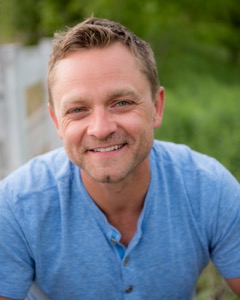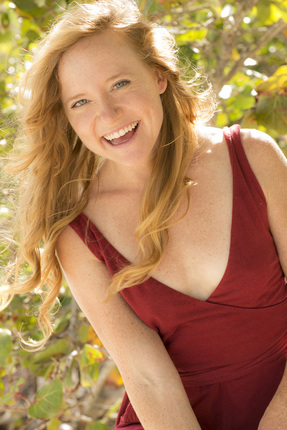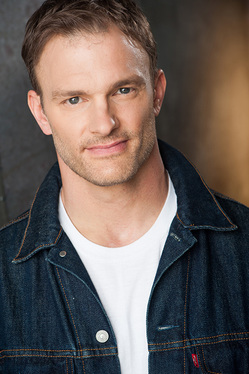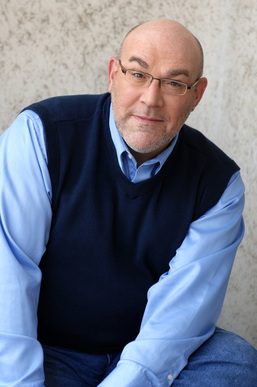
At it’s core, Tribes is about self identification through association with a group of people who share similar cultural values. While this play deals specifically with the struggle of a deaf boy raised in a family that doesn’t sign and is searching for a connection to the deaf community, his struggle lands on audiences in a universal way. As a global society, we face dissonant value standards for what is meaningful, ethical, acceptable; and, often exhibit unintended biases because something is unfamiliar. This play brings an audience together, as it’s own tribe for a night of theater, to encourage a deeper sense of self and create a safe environment for observing the unfamiliar. Through appreciation and empathy, the play resonates an experience of “tribal" oneness.
What role do you play and how does he fit into the story? What are his strengths and weaknesses?
I play Daniel, the oldest child in the family. Daniel struggles with histrionic personality disorder, schizophrenia, and a speech impediment. His symptoms wax and wane depending on the stress factors in his life. Uniquely, he is at his healthiest when he can regularly communicate with his younger, deaf brother, Billy. Billy serves as a confidant for Daniel and is the only one who ever truly “hears” him. While Billy searches for a new “tribe” in the deaf community, the distance between Daniel and him grows, and losing his anchor, Daniel’s mental and emotional state dissolves into darkness.
What do you find challenging about playing Daniel?
Daniel’s character journey is huge. His transition from intellectual charmer to medicated schizophrenic-stutterer is a demanding ask for an actor. It is my goal to represent the journey with authenticity and truth. I’m trying to track his mental changes as they spiral downward throughout the play to help create natural and comfortable scene-to-scene transitions for the audience to follow.
In rehearsal, my discovery process includes exploring breath and vocal patterns to support the medical disorders in a truthful way. My character traits are being layered in throughout the immediate work of creating actable character intentions as they relate to the script and the other characters.
What do you think is challenging/exciting/interesting about TRIBES?
I am fascinated by the way the play explores varied forms of "tribal" communication, including: verbal and non-verbal (speech, sign language, body language, touch, eye contact); and, written and visual (books, emails, articles, photos/videos, internet, maps, colors). These means of communication always involve a sender and a receiver. The cycle of communication is only complete when the receiver has understood the sender’s message and intent.
Interestingly, this is also the actor’s fundamental job for creating dynamic theater: sending active energy and letting themselves be affected by the energy they receive, thus completing, or pushing forward, the cycle.
What is your favorite line in the play?
"Dan, Dan, Dan, Dan, Dan. Dan, Dan, Dan.” Haha, this is actually a very difficult line to speak earnestly. The line is Dan expressing the way he hears voices calling his name during a schizophrenic episode. Structurally, and technically, It reminds me of a difficult actor line in King Lear, “Never, Never, Never, Never, Never.”






